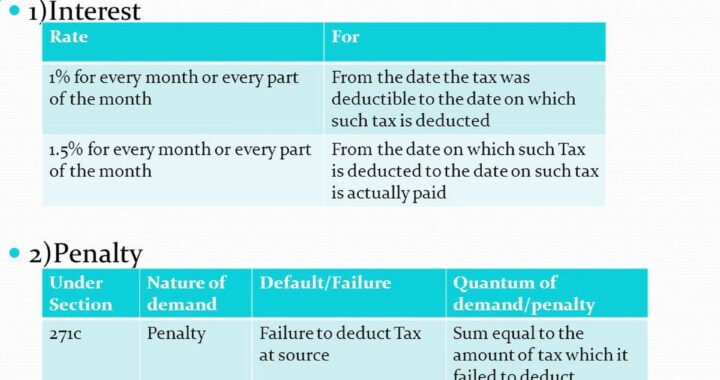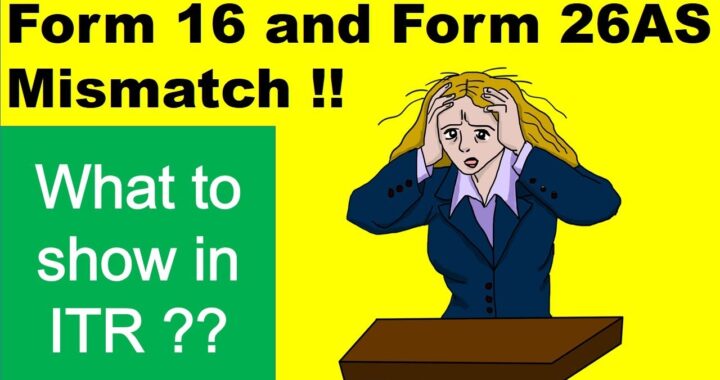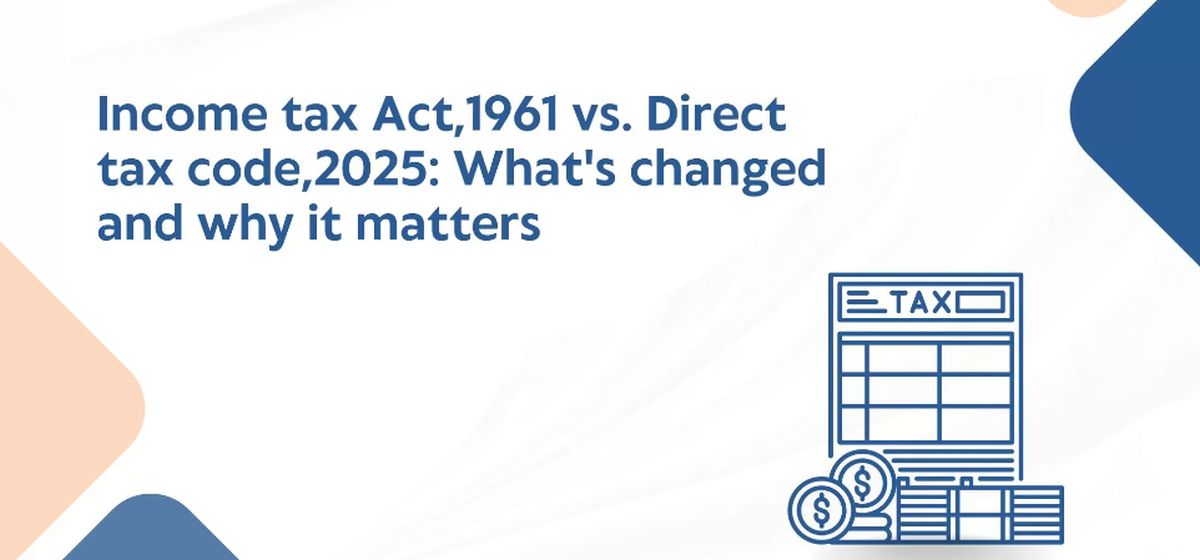All about Wealth Tax
 In India the Wealth Tax Act puts an obligation upon people to pay tax on the wealth held by them. It is payable on the total wealth accumulated by a person over the years. It is an additional tax and is levied over the normal income tax.
In India the Wealth Tax Act puts an obligation upon people to pay tax on the wealth held by them. It is payable on the total wealth accumulated by a person over the years. It is an additional tax and is levied over the normal income tax.
What is “wealth”?
Wealth refers to such unproductive assets, like cash amounting to more than Rs. 50,000/-, landed property, buildings, cars, gold, silver, ornaments, etc.
Tax needs to be paid at the rate of 1% on the wealth if it is of a value more than Rs. 30 lakh, and the same is calculated according to the provisions of the Wealth Tax Act. One requires filing a wealth tax return for that.
Assets for which a person is liable to pay wealth tax:
Jewellery made of any precious metal such as gold, silver, platinum, or any alloy containing them attracts wealth tax. Ornaments with semi-precious stones or furniture or utensils which are expensive may qualify for payment of wealth tax.
Real estate also attracts wealth tax. Urban land measuring more than 500 sq. meters or a house which has not been let out for more than 300 days in a year also requires paying wealth tax.
If a person owns a car, a boat or keeps cash of more than Rs. 50,000/- it incurs wealth tax.
Who is liable to pay “wealth Tax”?
Individuals, Hindu Undivided Families, Firms, all are liable to file their wealth tax return and the same should be signed by the assessee.
Rate of tax:
Wealth tax is payable at the rate of 1% of the net value of wealth if it is worth more than Rs. 30 lakh as on the date of valuation for the financial year.
Due date of filing:
The due date for filing wealth tax return is similar to that applicable to an assessee for filing the income tax return. For individuals and HUFs, the due date for filing wealth tax return is 31 July of the next financial year for which an assessee files the return. There is still time to file your wealth tax return for 2014-15 without attracting penalty.
Consequences of delay in filing wealth tax return:
If an assessee fails to file the wealth tax return and pays the wealth tax which is applicable to him, he has to pay interest at the rate of 1% for each month’s delay.
Documents to be attached with the return:
One needs to attach the calculation regarding each asset, as per Schedule III of the Wealth Tax Act, along with the wealth tax return. All relevant documents in support of the valuation of the asset should be attached with the return.
Where should an individual file his wealth tax return?
The wealth tax return needs to be filed before the income tax office ward where one files his income tax return.
Valuation of assets:
There are guidelines given for evaluating the assets. For example, the valuation of a property is determined as per Part B of Schedule III to the Wealth Tax Act. For assets like land, cars, etc. valuation is based on a fair market value. It is advisable to appoint an approved valuer to decide the value since an assessing officer might reject value set forth by an individual.
For jewellery, a registered valuer’s report should be filed with Form No. O-8 though it is not binding upon the assessing officer and he can evaluate it separately.
Date of valuation:
The Valuation Date is very important in the calculation of Wealth Tax. The net wealth as on the Valuation Date determines the quantum of tax. The Valuation Date is 31 March which is immediately preceding the Assessment Year. For example, if the Assessment Year is 2012 to 2013, the Valuation Date is 31 March 2012.
Deductions allowed:
Debts that one owes to acquire an assets are allowed as deduction while calculating wealth tax. Moreover assets except cash which are held as stock-in-trade do not come within the purview of wealth tax.
Wealth tax does not apply to:
Wealth Tax is not applicable in case of –
1. Trusts;
2. A company registered under section 25 the Companies Act, 1956
3. Co-operative Societies;
7. Clubs;
8. Political parties;
9. Mutual funds specified under Section 10 (23D) of the Income Tax Act, 1961.

 Can an assessee pay House Rent to his parents and claim relief? Would there be any legal complications?
Can an assessee pay House Rent to his parents and claim relief? Would there be any legal complications?  Boost Your Business & Reduce Taxes: A Guide to Maximizing Benefits Under Section 80JJAA
Boost Your Business & Reduce Taxes: A Guide to Maximizing Benefits Under Section 80JJAA  What is remedy to taxpayer if the Tax deductor fails to deposit the TDS or fails to file TDS Return
What is remedy to taxpayer if the Tax deductor fails to deposit the TDS or fails to file TDS Return  What is Income Tax Liability on Income from trading in Future and Options
What is Income Tax Liability on Income from trading in Future and Options  The Importance of Filing Your Income Tax Return on Time: A Financial Must-Do
The Importance of Filing Your Income Tax Return on Time: A Financial Must-Do  Is Addition made by Assessing officer on basis of mismatch between AIR and F26AS Justified
Is Addition made by Assessing officer on basis of mismatch between AIR and F26AS Justified  Major Changes Expected in Direct Tax Code 2025 and why these matter
Major Changes Expected in Direct Tax Code 2025 and why these matter